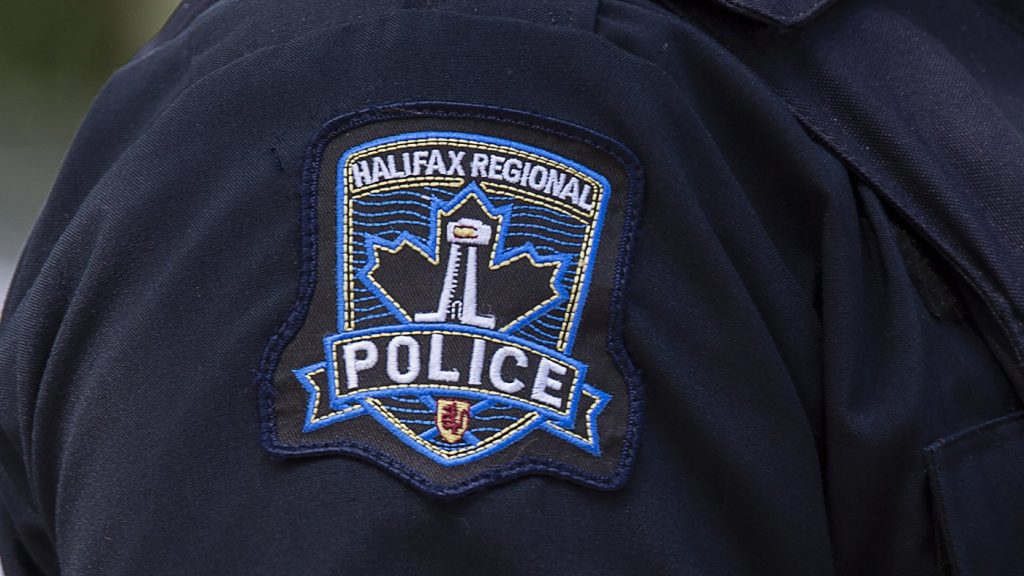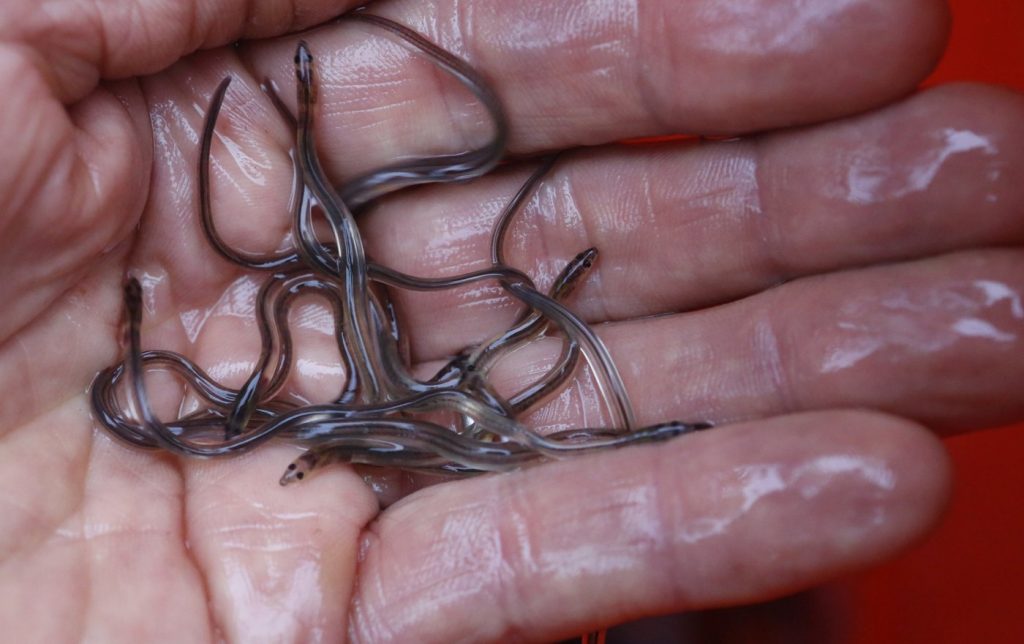HalifaxYesterday : Commander F. Evan Wyatt – The Unlikely Halifax Explosion Victim (11 photos)
Posted Nov 30, 2020 05:44:00 PM.
Prior to the catastrophic 6 December 1917 explosion in Halifax Harbour, Acting Commander F. Evan Wyatt and his second wife, Dorothy Brookfield, were the darlings of the city’s social elite. Wyatt was a retired Royal Naval Reserve lieutenant who had resumed his career as a merchant mariner. At the start of World War One, he was a captain of vessels owned by the United Fruit Company out of New York. He was recommissioned and sent to Halifax to serve with the Royal Canadian Navy aboard the depot ship, HMCS Niobe. Wyatt quickly ascended through the ranks to become acting commander and the navy’s chief examining officer (CXO). His job was to maintain a record of vessels entering and leaving the harbour and to assume some of the duties of
the former harbourmaster.
The notice of Dorothy’s and Evan’s wedding at the Grafton Street Methodist Church appeared in 2 February 1917 edition of the Halifax Herald:
“No wedding, of which the church has been the scene, has interested a wider circle. Miss Brookfield, who is personally a great favorite socially, is a member of a family whose name stands wherever known for all that is best, and Commander Wyatt is without doubt one of the most popular men ever stationed in Halifax as a member of the naval service.”
On the evening of 5 December, Wyatt left his office at 5:15 p.m. for a business appointment, after which he and Dorothy attended a party in celebration of a friend’s wedding. The following morning, SS Imo, a Belgian Relief vessel under Norwegian registry, left Bedford Basin to go down the Narrows without permission from the examination office. Neither Commander Wyatt nor his office were informed that Imo’s departure had been delayed the previous afternoon or that the ship intended to leave. Rules put out by the CXO’s office in 1915 stated it was the responsibility of the pilotage to report departures to the examination office.
At approximately 8:45 a.m., a collision occurred with SS Mont Blanc, a French munitions ship loaded with tons of volatile explosives. The vessels collided near midstream just north of Pier 6. The resultant fire aboard Mont Blanc caused a 2.9 kiloton explosion that decimated the Richmond District, killing nearly 2,000 people and leaving millions of dollars of property damage in its wake. Almost immediately, the search began for someone to blame for the disaster. On 13 December, a Wreck Commissioner's Inquiry convened to determine the cause of the collision. A vociferous campaign by the Herald and its publisher, William Dennis first pointed blame at Halifax’s German population and later, the pilotage and the RCN – especially, Commander Wyatt.
Although the explosion completely destroyed Mont Blanc, her crew managed to escape in lifeboats to the Dartmouth shore with only one casualty succumbing to injuries from flying debris. The inquiry heard testimony from over 50 witnesses including Mont Blanc’s captain, Aimé Le Médec, and the pilot, Francis Mackey, as well as several of the French ship’s crew. Officers and crew from Imo and other vessels in the harbour also testified. After a Christmas hiatus, witnesses from the RCN took the stand including the captain superintendent of the Dockyard, Edward Martin and Commander Wyatt. Their statements revealed the major dysfunction between the navy and the pilotage. In the months leading up to the disaster, Commander Wyatt had written three letters to Captain Martin informing him that the pilots were derelict in their duty to report their ships leaving the harbour. In his final communication, Wyatt wrote that he felt an accident was inevitable and that he did not wish to be the “goat.” Unfortunately, he only retained carbon copies and Martin stated he could not recall receiving the missives.
Commander Wyatt had always been a good officer, having received many accolades from his superiors in the past. However, as a result of his testimony, Commander Wyatt was viewed by the navy as being disloyal to Captain Martin. His demeanour on the stand was perceived by many as arrogant and defiant. Several months before, Wyatt also found himself of the wrong side of the navy’s director, Admiral Charles Kingsmill, who formed a long-running bias against Wyatt after receiving letters from his ex-wife, Madeline, and her barristers in England. In addition, a near-miss between two ships in the harbour while the commander was giving testimony at the inquiry only added to negative feelings from the present captain superintendent, F.C.C. Pasco, who had taken over Captain Martin’s duties while carrying out a mission for Admiral Kingsmill in London. This last episode finally led to the commander’s dismissal as CXO just before the inquiry concluded.
In early February of 1918, the three-man inquiry panel found that Mont Blanc was to blame for the accident. [The civil case moved on to the Supreme Court of Canada and then, the Judicial Committee of the Privy Council. The two courts ultimately determined that both vessels were to blame for the collision.] The inquiry panel headed by Judge Arthur Drysdale recommended that Le Médec, Mackey and Wyatt be arrested and held over for trial. A preliminary hearing, overseen by a stipendiary magistrate, determined that all three men should be indicted for manslaughter and criminal negligence. Wyatt was blamed for allowing Mont Blanc to enter the harbour even though there were no rules barring ships which carried munitions or explosives. As well, vessels were not permitted to fly a red flag while in transit – only while loading and unloading explosives. The CXO’s office was made aware that the vessel’s cargo consisted of 500 tons of T.N.T but was not informed of the nearly 2,500 more tons of highly volatile picric acid and guncotton, also in the ship’s holds.
The captain and former CXO made bail, but the pilot could not afford to pay and was sent to jail. Mackey’s lawyer, Walter J. O’Hearn, immediately went to Justice Benjamin Russell, a member of the Nova Scotia Supreme Court, to obtain a writ of habeas corpus. Russell issued the writ thus freeing Mackey and the captain. Because Le Médec and Mackey were arrested on one warrant, the same remedy applied to both men. Wyatt had been arrested on a separate warrant and spent no time in jail. Therefore, he was not eligible for a writ habeas corpus. Subsequently, a true bill was returned by a grand jury and his trial date set for April.
Commander Wyatt felt he would receive no legal support from the RCN and hired his own lawyer, Arthur Lawrence Lovett. Judge Russell, who had presided at the grand jury proceedings, was also the trial judge and believed in Wyatt’s innocence. He knew there was no credible evidence against the commander and had made an unsuccessful plea to the grand jury on his behalf. Following jury selection for Wyatt’s trial, the judge again told them there was no evidence against Commander Wyatt. The prosecutor even declined to make a closing statement. The jury deliberated for forty-five minutes and returned a verdict of not guilty. F. Evan Wyatt had been acquitted at trial but not exonerated in the eyes of the public. With his reputation ruined and his navy career in Canada over, Commander Wyatt and his wife left the city and moved to the United States.
Dorothy soon gave birth to a son and the family eventually settled in Newton, Massachusetts. The former CXO quickly found employment again in the merchant marine upon their arrival in America and was active for the next two decades. During World War Two, Wyatt became a supervisor at the United-Carr factory in Cambridge that had been converted from auto to airplane parts manufacturing. He received his American citizenship on 21 May 1941. After the war, he worked at the Waltham Savings Bank in Newton as a supervisor and vault attendant. Upon retirement, he and his wife moved to Sarasota, Florida. Evan Wyatt died on 2 March 1967, a month after his 50th wedding anniversary and eight months shy of the fiftieth anniversary of the Halifax Explosion. He was 89 years old.
A brief notice acknowledging Wyatt's passing appeared in the 4 March 1967 edition of The Chronicle Herald. In stark contrast to the bold-typed headlines that dominated the newspaper in 1918, his epitaph was relegated to the back pages. It read in part:
“Born in England, he lived here for a short time during World War I. He was a captain in the British merchant navy.”
More detailed information regarding this subject can be found in my book entitled Betrayal of Trust, Commander Wyatt and the Halifax Explosion (2017, New World Publishing)








